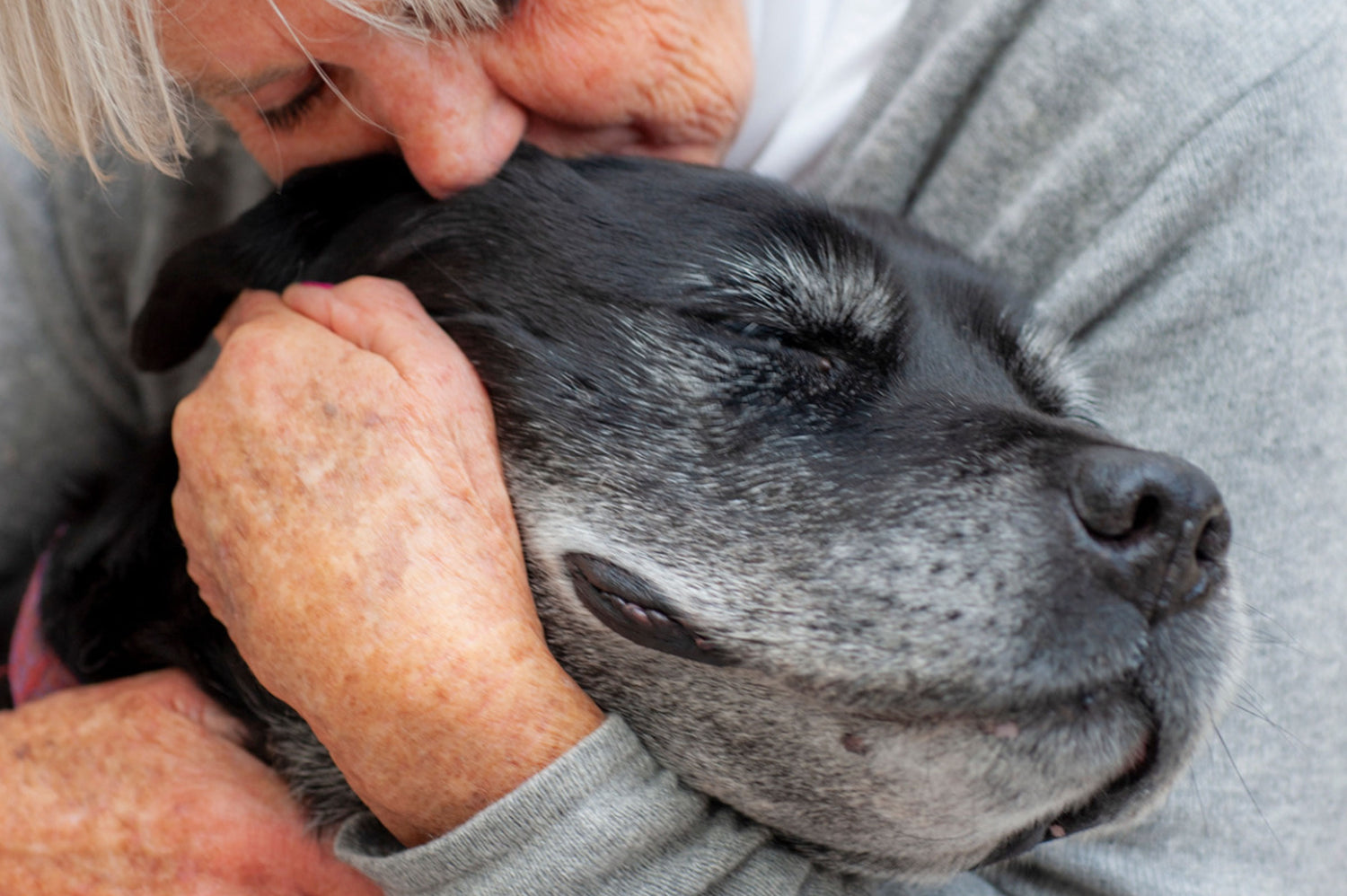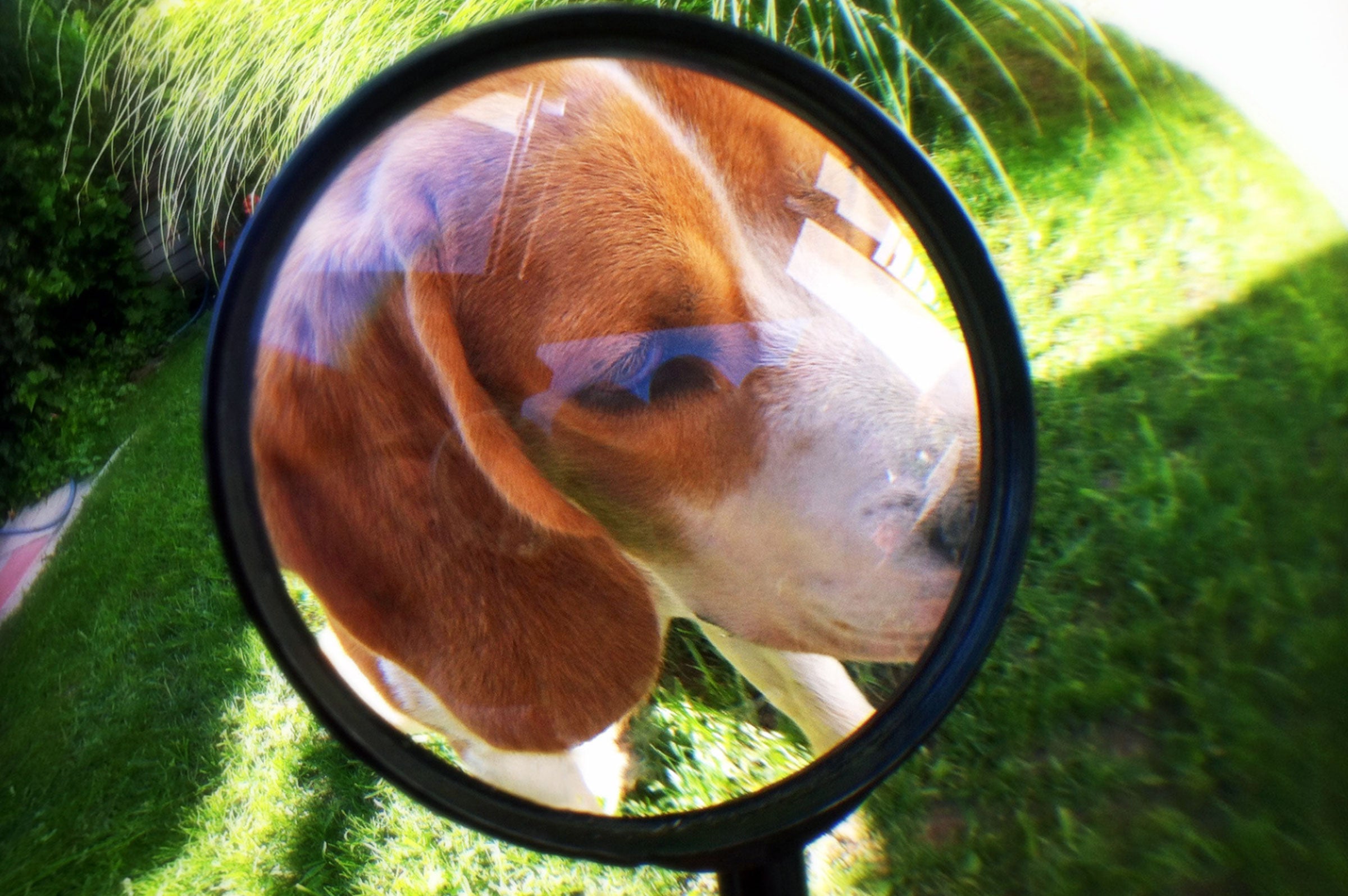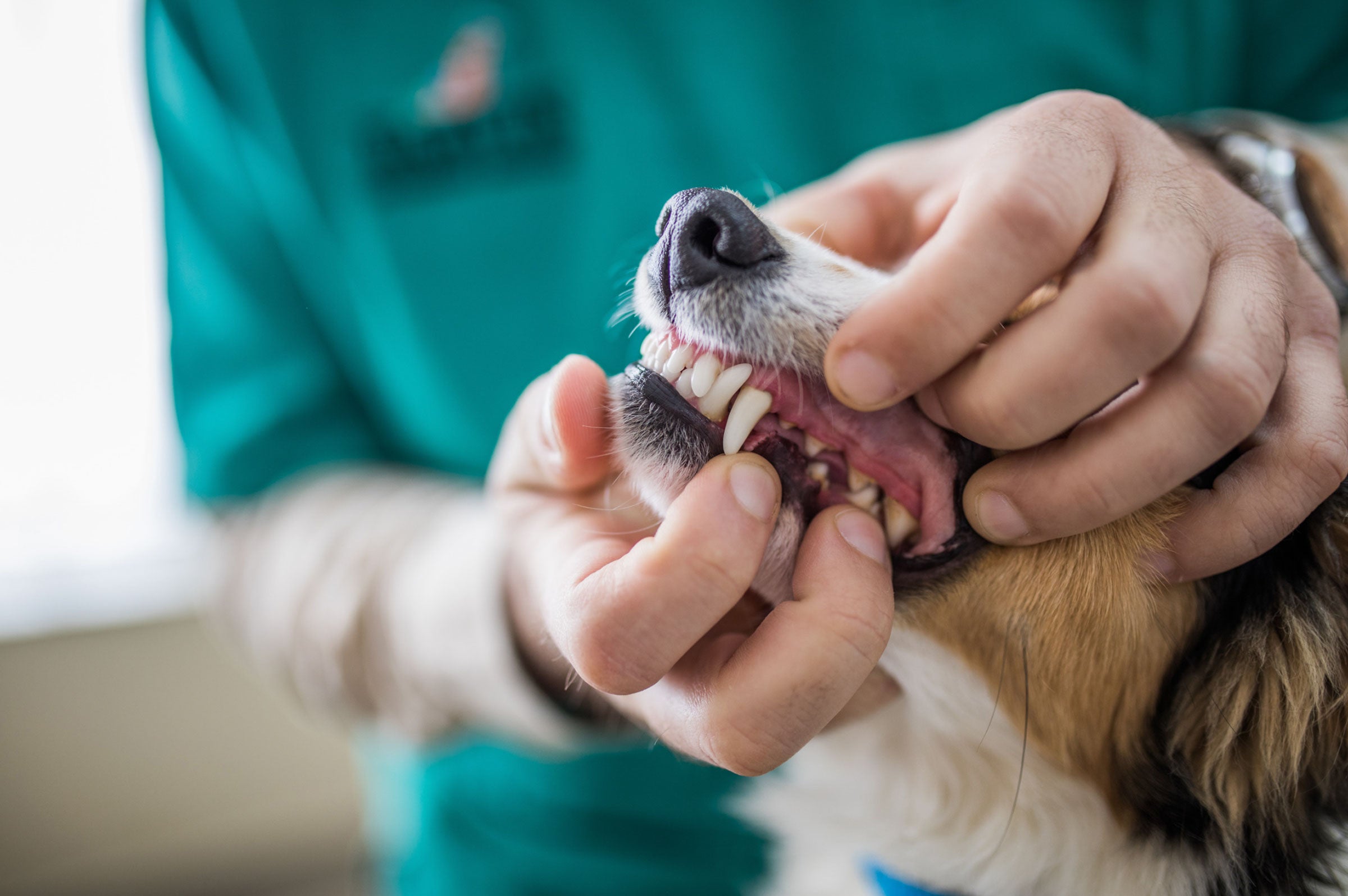Deciding to euthanize a beloved pet is one of the most challenging and heart-wrenching decisions a pet owner may face. It's a decision fraught with emotional turmoil, guilt, and grief, but ultimately, it's made out of love and compassion for our furry companions. In this blog post, we'll explore the complex and sensitive topic of euthanasia for pets and offer guidance on how to recognize when it may be the most humane and compassionate choice.
Quality of Life Assessment
The most crucial factor to consider when contemplating euthanasia for a pet is their quality of life. Evaluate your pet's overall well-being, considering factors such as mobility, appetite, pain levels, energy levels, and enjoyment of daily activities. If your pet's quality of life has significantly declined, and their suffering cannot be alleviated through medical intervention or palliative care, euthanasia may be a compassionate option to prevent further distress.
Consult with Your Veterinarian
Your veterinarian is an invaluable resource and partner in making end-of-life decisions for your pet. Schedule a consultation to discuss your pet's condition, prognosis, and treatment options openly and honestly. Your veterinarian can provide valuable insights, guidance, and support to help you navigate this difficult decision with clarity and compassion.
Consider Pain and Suffering
Pets cannot verbalize their pain or discomfort, but as their caretakers, it's our responsibility to recognize and alleviate their suffering. If your pet is experiencing chronic pain, severe illness, or irreversible decline in health, euthanasia may be the most humane option to prevent prolonged suffering and maintain their dignity.
Assessing Palliative Care Options
In some cases, palliative care measures may provide comfort and improve your pet's quality of life during their final days or weeks. Discuss with your veterinarian the possibility of pain management, hospice care, or supportive therapies to ensure your pet's comfort and well-being in their final moments.
Quality vs. Quantity of Life
It's natural to want to extend our pet's lives for as long as possible, but it's essential to consider the difference between prolonging life and preserving quality of life. Quality of life should take precedence over quantity, and euthanasia may be a compassionate choice to prevent unnecessary suffering and maintain your pet's dignity.
Emotional and Financial Considerations
Alongside assessing your pet's physical well-being, consider the emotional and financial toll of their care. While the decision to euthanize a pet is primarily driven by their welfare, it's also essential to acknowledge the emotional strain of caregiving and the financial burden of extensive medical treatment.
Trust Your Instincts and Prioritize Your Pet's Welfare
Ultimately, trust your instincts as a pet owner and prioritize your pet's welfare above all else. It's a deeply personal decision that only you can make, guided by your love and devotion to your furry companion. Be gentle with yourself and know that whatever decision you make is made out of love and compassion for your pet.
Seek Support and Counseling
Coping with the loss of a pet is an emotional journey, and it's essential to seek support and counseling if needed. Lean on friends, family, support groups, or professional counselors who can provide empathy, understanding, and guidance as you navigate the grieving process. The humane society offers advice on the grieving process and online resources.
In conclusion, the decision to euthanize a pet is one of the most profound acts of love and compassion a pet owner can make. By carefully assessing your pet's quality of life, consulting with your veterinarian, considering pain and suffering, and trusting your instincts, you can make the best decision for your beloved companion. Remember, you are not alone in this journey, Pet Wellness Direct understands how much the loss of a pet hurts, and is here to give you the information you need.











